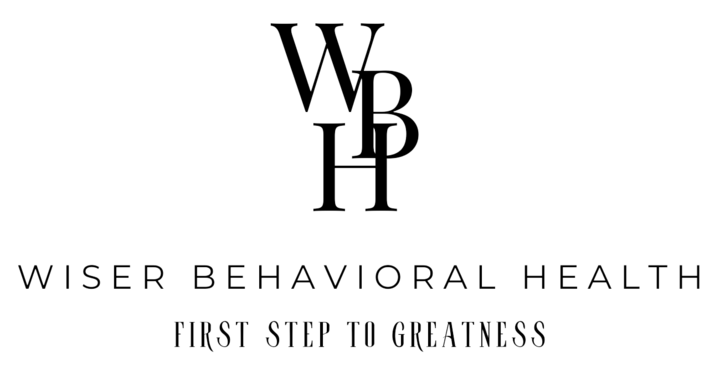This can include symptoms like feeling easily startled, being on edge, having difficulty sleeping, or experiencing irritability due to heightened anxiety and stress after a trauma. These symptoms can manifest themselves in a variety of ways, such as constantly checking surroundings for signs of danger, avoiding certain places or situations that remind the person of the trauma, or feeling detached and numb.
Trauma Disorders Treatment
At the heart of Tennessee, we stand as a beacon of hope for those grappling with trauma disorders, offering compassionate, evidence-based treatment tailored to heal and empower. Our dedicated team is here to guide you through your journey to recovery, ensuring you have the support, understanding, and tools needed to reclaim your life from the shadows of trauma.




